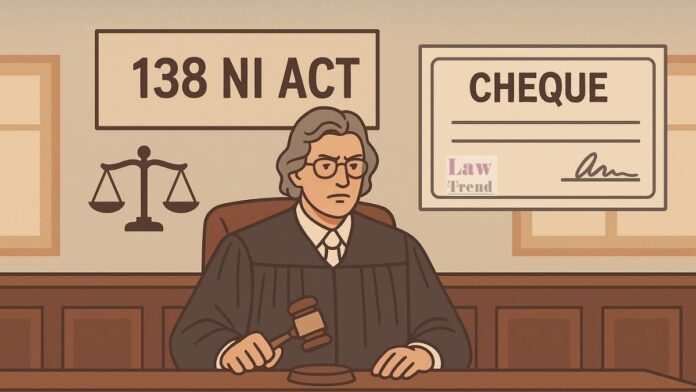The High Court of Delhi, in a judgment pronounced on November 11, 2025, has held that a criminal complaint under Section 138 of the Negotiable Instruments Act, 1881, cannot be quashed at the summoning stage merely on the grounds that the dishonoured cheque was given as ‘security’ or that the amount represented in the cheque
To Read More Please Subscribe to VIP Membership for Unlimited Access to All the Articles, Download Available Copies of Judgments/Order, Acess to Central/State Bare Acts, Advertisement Free Content, Access to More than 4000 Legal Drafts( Readymade Editable Formats of Suits, Petitions, Writs, Legal Notices, Divorce Petitions, 138 Notices, Bail Applications etc.) in Hindi and English.




